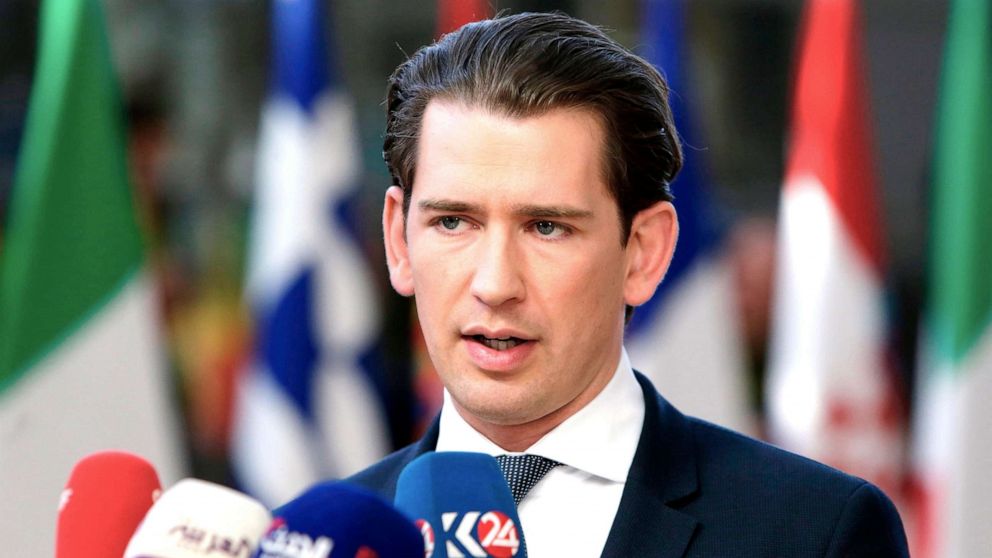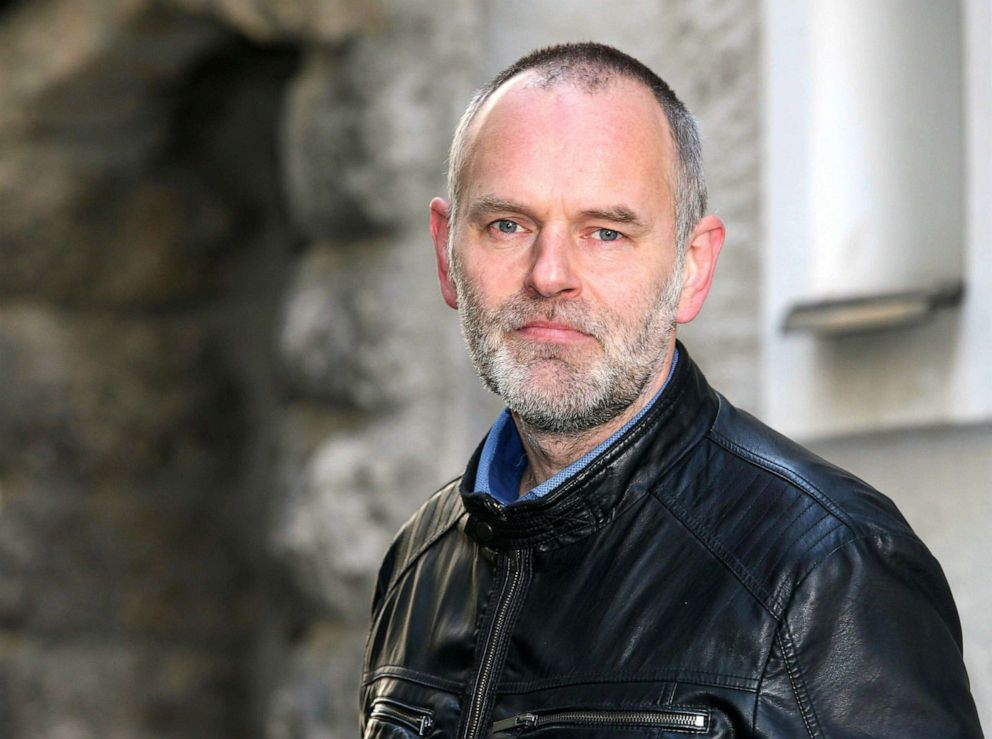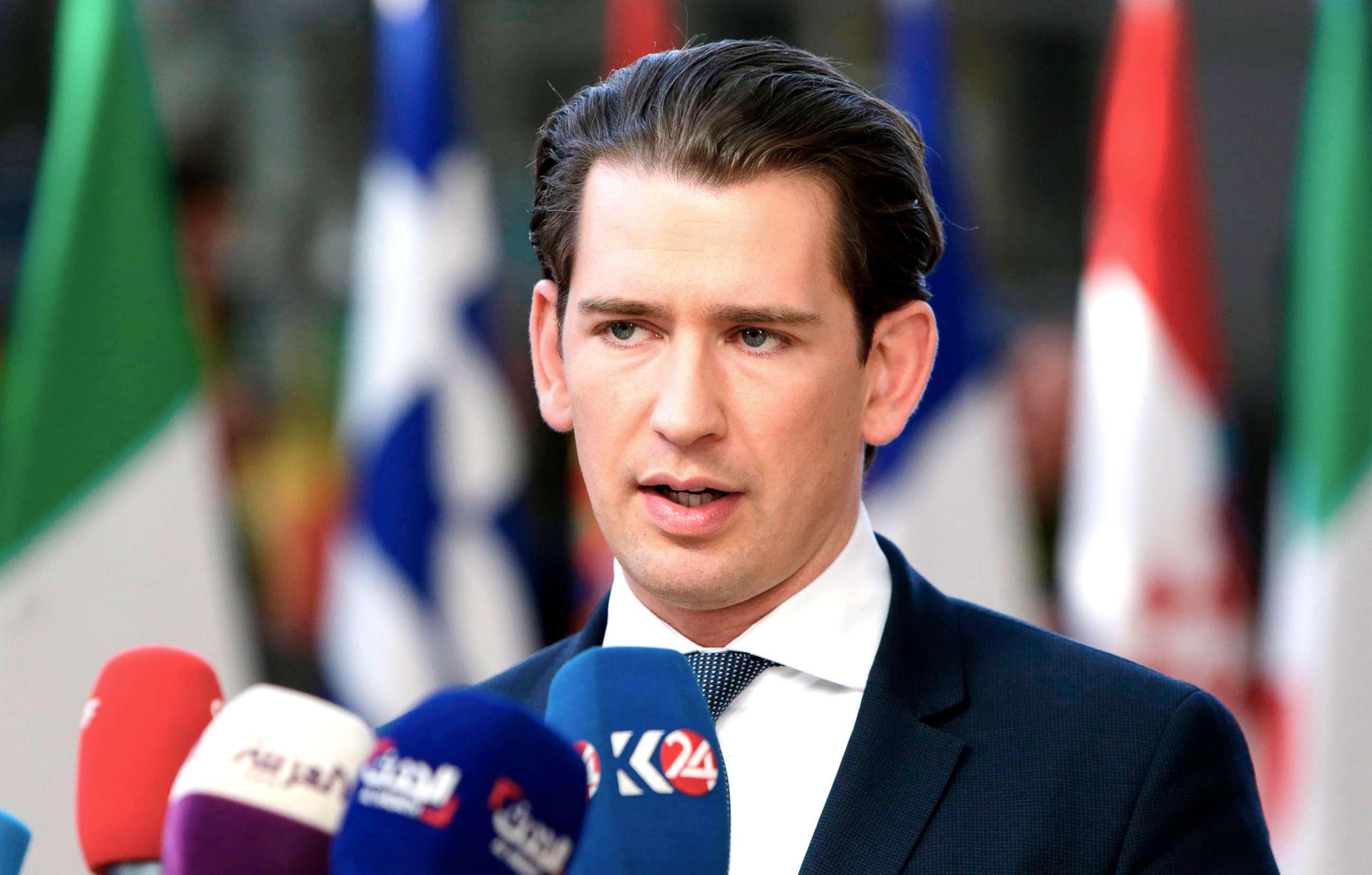Poem comparing migrants to rats draws condemnation in Austria
A far-right Austrian politician wrote the poem, and has resigned.

BERLIN -- The deputy mayor of an Austrian village has caused an uproar across the country's political spectrum after he published a poem that seemed to compare migrants to rats.
Christian Schilcher of the village Braunau am Inn, and a member of the Freedom Party, a far-right populist party, published a poem on Monday in the party’s local newspaper titled “The Town Rat.”
"Just as we live down here, other rats who [came] as guests or migrants, including the ones we didn't know, must share our way of life! Or get out of here fast!" the poem reads.
The prose, which used imagery widely associated with anti-Jewish propaganda pushed by Nazis before and during the Holocaust, was met with condemnation by politicians.

A top official of the FPO’s regional branch, Erwin Schreiner, said Monday that "the allegory of rat and human is historically loaded, and so tasteless and to be rejected," adding that such verse was not in accordance with the Freedom Party’s principals, the Associated Press reported.
Conservative Austrian Chancellor Sebastian Kurz said in a statement Tuesday that the deputy mayor’s resignation was “the only logical consequence of this vile and racist poem. The clear step of the Vice Chancellor and the FPO top was necessary and correct.” Kurz currently governs in a coalition alongside the far-right populist FPO.
By Tuesday morning, it was announced that Schilcher had resigned from his post and left the party, Austria Press Agency reported.

FPO has been in Austria's governing coalition since 2017, and was founded by former Nazis in the 1950s. It is one of the few far-right parties in Europe to be part of a ruling coalition. The town of Braunau am Inn is already infamous for being the birthplace of Adolf Hitler.
Comparing people to rats was “customary in Nazi propaganda,” Pamela Rendi-Wagner, party leader of the center-left Social Democratic Party (SPO), told the Austria Press Agency.
In a statement broadcast on Monday, Schilcher said he wanted his poem to provoke, “but in no way insult or hurt anyone," the Austria Press Agency reported.




